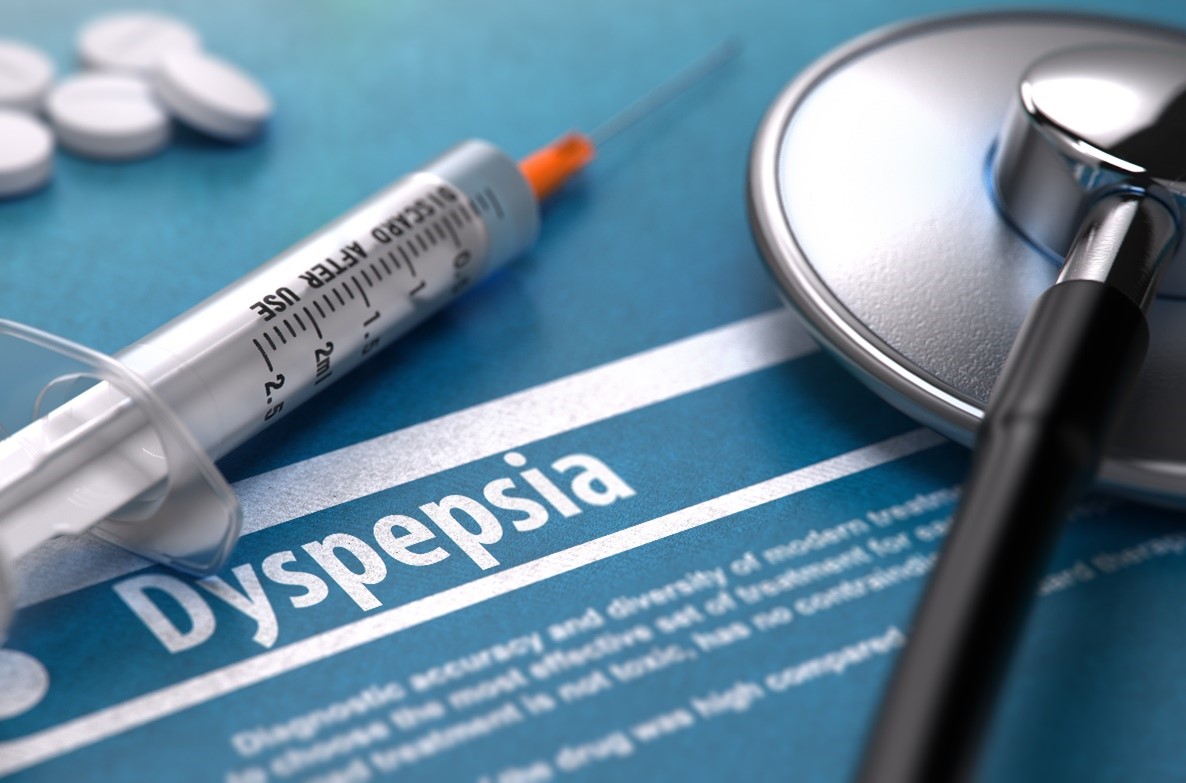In the past, when talking about mental problems, people in most Asian countries always identified it with madness. This stigma is so inherent in society because of the flow of information that used to be less related to mental problems and the general ignorance about the role of psychiatrists, including among doctors' colleagues.
A psychiatrist is a doctor who specializes in treating mental health problems. That is why in today's view of modern medicine, where physical health is inseparable from mental health, the role of a psychiatrist is increasingly needed in most health care services. The background of a psychiatrist who is a doctor makes him understand more about psychological problems related to medical problems and vice versa.
Gastro-Intestinal (GI) Disease and Its Relation to Psychiatric Problems
In the daily practice of many primary care physicians, gastric problems are a common problem. Various studies say that in cases of gastric disorders, also known as dyspepsia, as many as 29% of cases are related to functional dyspepsia FD1. This means that the symptoms of an uncomfortable stomach are not based on an organ abnormality in the digestive system. Basic and advanced examinations such as ultrasound or gastroscopy (endoscopy and colonoscopy) did not find any abnormalities. Things like this in many cases are influenced by a person's diet and pattern of eating. Besides factors mentioned earlier, many cases of functional dyspepsia are related to psychiatric disorders.
Stress itself is closely related to stomach problems because the connection between the brain and the stomach is facilitated by its own nervous system called the enteric nervous system which is inseparable from the autonomic nervous system in our body. In the human body, there is an autonomic nervous system related to its function in carrying out the functions of organs that move automatically such as the heart, stomach, lungs, and hormonal system. Associated with the stomach, the autonomic nervous system is related to a person's stress level. The more stressed a person is, the more active his autonomic nervous system is, and when experiencing intense stress and fatigue can cause physical disturbances. No wonder when we are stressed, the brain-gut axis can be triggered and causes gastric disorders or dyspepsia.
Several mood disorders, such as anxiety, depression, and autism spectrum disorders now have well-established links to functional gastro-intestinal (GI) disruptions, whereas GI disease (eg, irritable bowel syndrome, irritable bowel disease) often involves psychological comorbidities2. Another study from Haug et al reported that 34% of FD patients had a psychiatric diagnosis. Anxiety and depression are among the many psychiatric illnesses that are associated with FD. Anxiety disorders are diagnosed in 38% of FD patients, while depressive disorders are diagnosed in 16% of FD patients3.
The role of the psychiatrist, in this case, is to overcome this excessive autonomic nervous system condition either by medication (psychopharmacology approach) or by psychotherapy (psychological methods according to the patient's needs). In many studies, it is said that the application of synergistic therapy between psychiatrists and digestive specialists provides more satisfactory therapeutic results for patients.
Don't hesitate, the sooner the better
When it comes to going to a psychiatrist, many people have doubts and fear. Fear of being called "crazy" or fear of drug dependence. Patients often identify seeing a psychiatrist as unnecessary and scary. Whereas a psychiatrist with competence can help patients who experience functional physical symptoms such as stress-related gastric disorders.
Antidepressants are empirically used in the treatment of FD and show promising efficacy in studies and also in clinical experience. They may alleviate symptoms of FD through treatment of comorbid psychological diseases, enhancing gastric accommodation, and manipulating pain perception4.
Many studies try to find what is the appropriate treatment that can help patients with FD and with comorbid psychiatric problems. Some antidepressants like amitriptyline are suggested in a couple of studies. TCAs but not SSRIs, are effective in the treatment of FD, but these antidepressants were also associated with more adverse events compared with placebo Another study show some interest in studying combination therapy with both TCAs and other antidepressants is surfacing, especially in the subset with anxiety disorder and depression5. A study by Liang et all in 2019 said that a small dose of antidepressant therapy especially citalopram and fluoxetine-, is an effective and well-tolerated treatment option for refractory FD6.
The sooner the patient gets help, the easier it is to control symptoms and the impact on the patient's life is better. Psychiatrists and gastrointestinal specialists can work together in treating patients with functional dyspepsia or irritable bowel syndrome with or without comorbid psychiatric disorder. Studies found that the collaboration will benefit the patients. Comprehensive treatment will improve the patient's quality of life.




